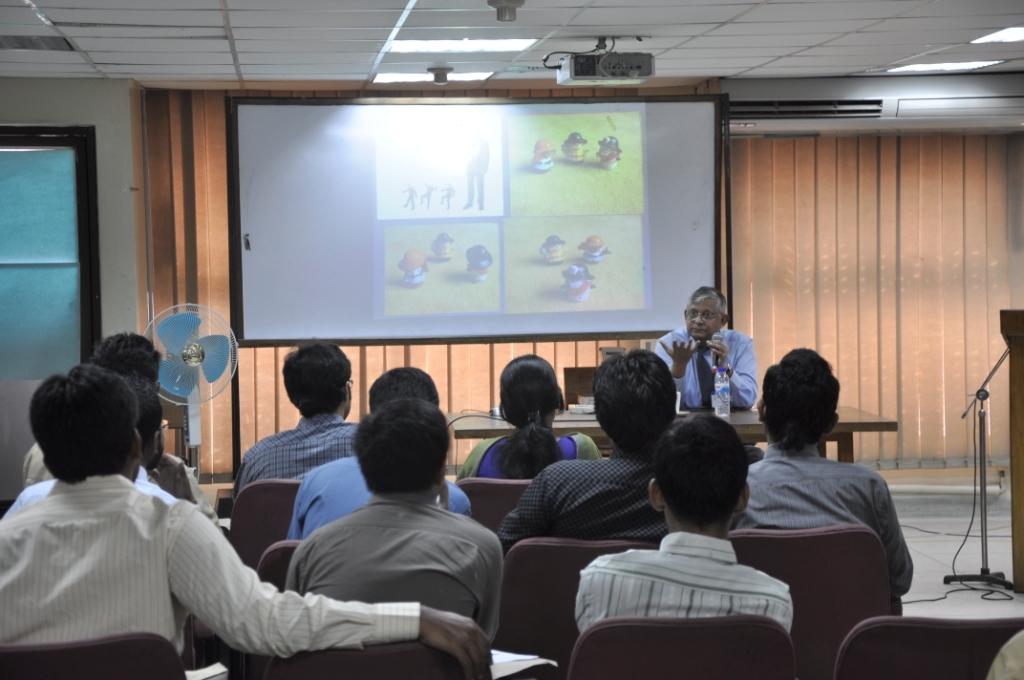Bangladesh, a country known for its vibrant culture and bustling economy, stands at a pivotal moment in its journey towards economic development. As the world progresses into the digital age, the importance of skills development becomes increasingly evident. This article explores how skills development is shaping the future of work in Bangladesh.
The Changing Landscape of Work
In recent years, the nature of work has been evolving rapidly worldwide. Traditional jobs are giving way to new opportunities driven by technology and globalization. Bangladesh, with its young and growing population, is poised to capitalize on these changes. However, to fully benefit, the workforce must be equipped with the right skills.
Importance of Skills Development
Skills development refers to the process of acquiring and improving skills that are essential for current and future jobs. In Bangladesh, this involves not only technical skills but also soft skills such as communication, critical thinking, and problem-solving. These skills are crucial for adapting to the demands of a modern economy.

Challenges and Opportunities
Bangladesh faces several challenges in its quest for skills development. Limited access to quality education and training facilities in rural areas remains a barrier for many. Additionally, there is a mismatch between the skills taught in educational institutions and those demanded by employers.
However, these challenges also present opportunities. Initiatives by the government, private sector, and non-governmental organizations (NGOs) are increasingly focusing on skill-building programs. Vocational training centers, apprenticeships, and online courses are becoming more accessible, bridging the gap between education and employment.
Technology and Innovation
Technology plays a pivotal role in shaping the future of work in Bangladesh. The advent of digital platforms and e-commerce has created new job opportunities in sectors such as IT, digital marketing, and e-commerce logistics. As technology continues to evolve, there is a growing demand for workers skilled in areas such as data analysis, artificial intelligence, and cybersecurity.
The Role of Government and Stakeholders
The government of Bangladesh has recognized the importance of skills development in driving economic growth. Policies and programs aimed at enhancing vocational training, entrepreneurship, and digital literacy are being implemented. Collaboration between the government, private sector, educational institutions, and international organizations is crucial for creating a conducive environment for skills development.
Conclusion
In conclusion, skills development is not just a necessity but a catalyst for the future of work in Bangladesh. By investing in education, training, and technology, Bangladesh can empower its workforce to thrive in a competitive global economy. As the country continues on its path of development, fostering a skilled and adaptable workforce will be key to unlocking its full potential. Through concerted efforts and strategic partnerships, Bangladesh can pave the way for a prosperous future where every individual has the opportunity to succeed in the rapidly changing world of work.
